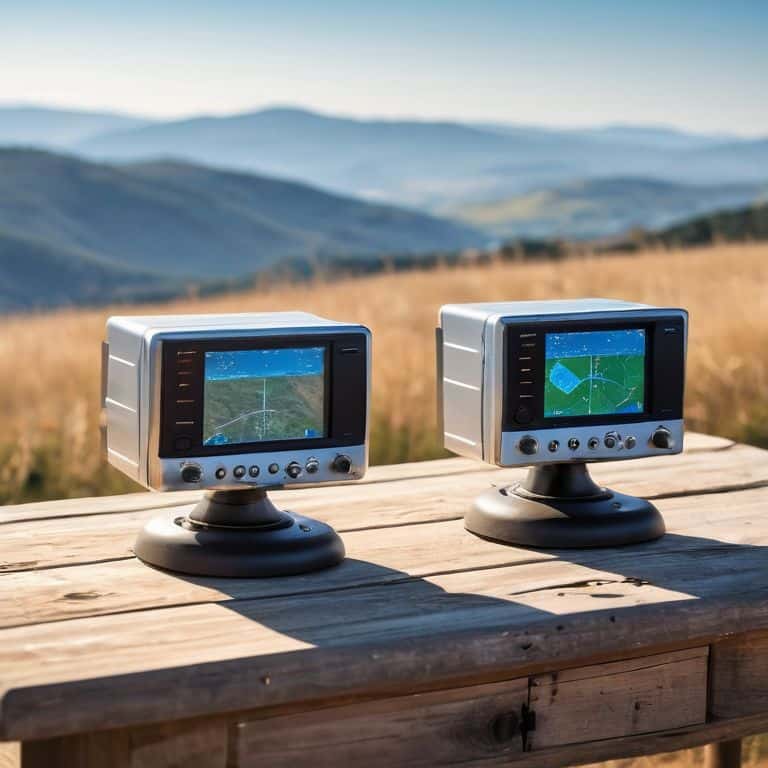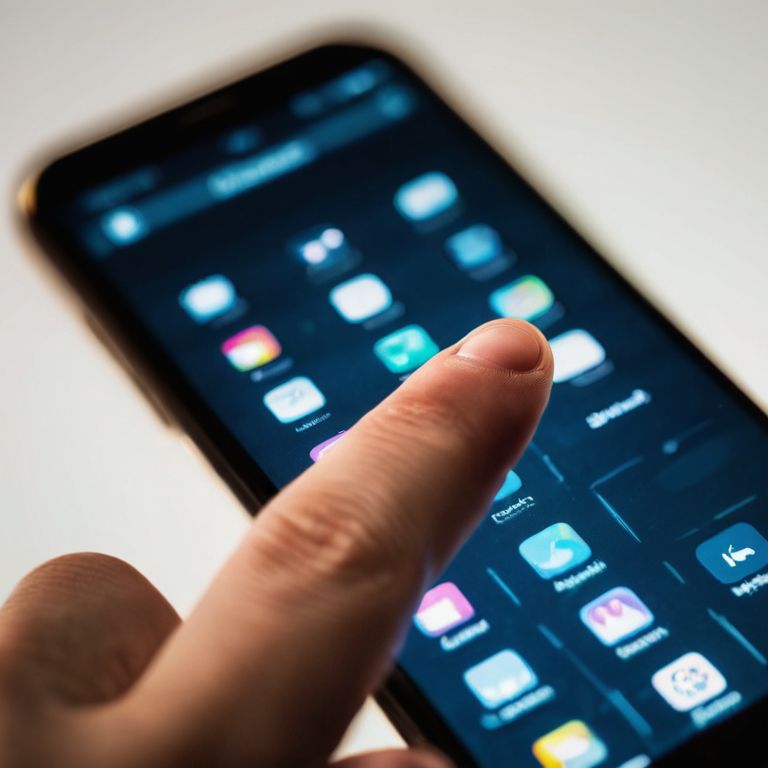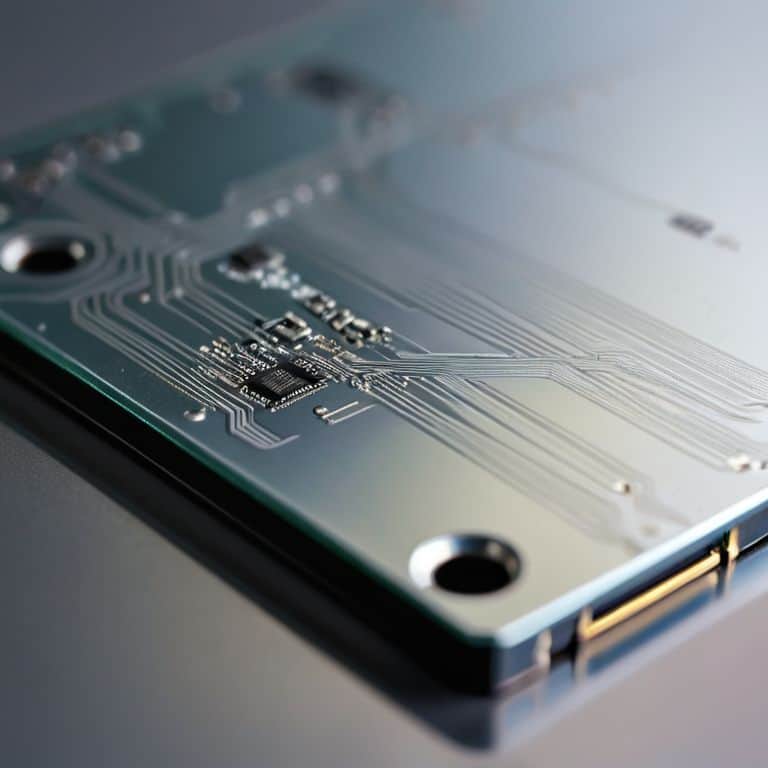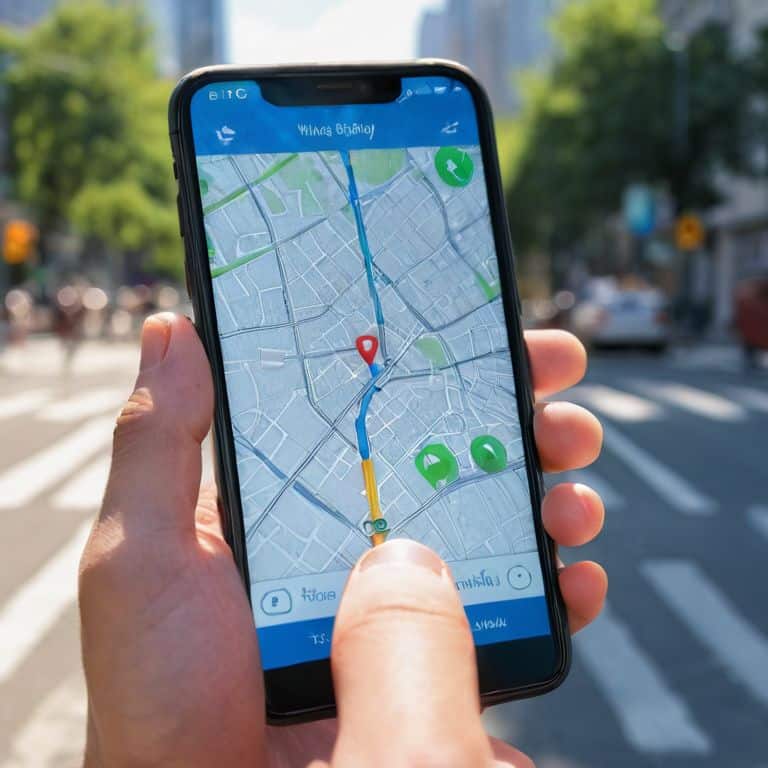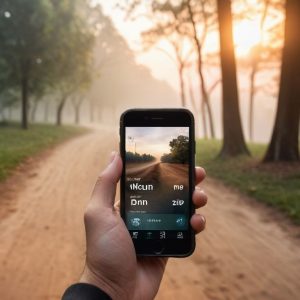I still remember the first time I got lost in the woods with a GPS device that refused to get a signal. It was a frustrating experience, to say the least. As someone who’s worked on designing chips for smartphones, I’ve always been fascinated by the gps vs glonass vs galileo systems that power our navigation. But what really got me curious was the debate among hikers and travelers about which system is the most reliable. Is it really worth worrying about which one your device uses, or is it just a matter of technical nuances?
As someone who’s passionate about demystifying complex tech, I’m excited to share my take on the gps vs glonass vs galileo comparison. In this article, I’ll cut through the hype and give you a no-nonsense look at how these systems work, and what it means for you as a user. I’ll draw from my experience as a hardware engineer to explain the key differences and similarities between these systems, and help you make an informed decision about which one to trust. Whether you’re a frequent traveler or just a curious tech enthusiast, my goal is to empower you with knowledge about the technology that powers your daily life.
Table of Contents
GPS
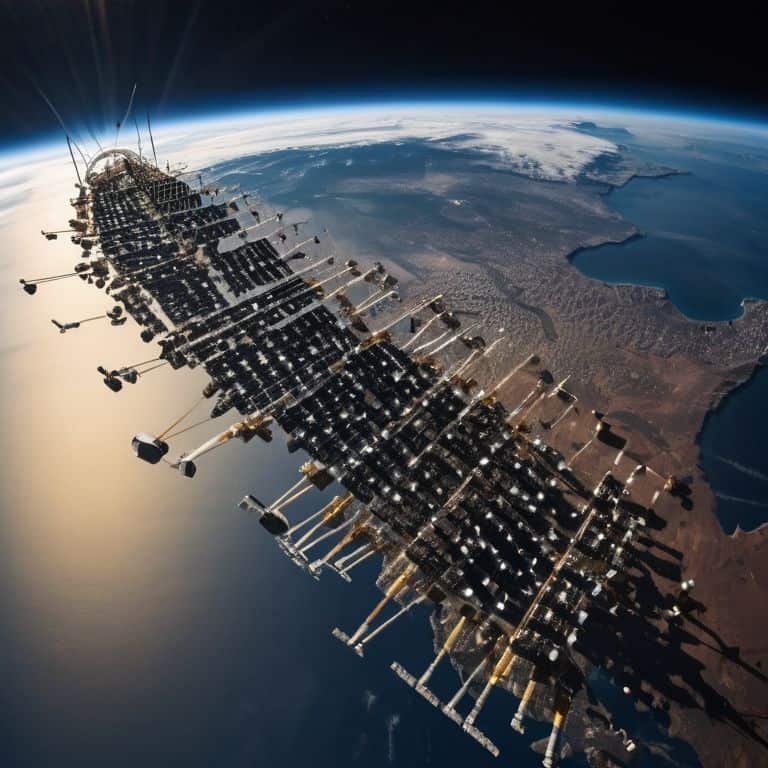
GPS, or Global Positioning System, is a network of satellites orbiting the Earth that provide location information to GPS receivers on the ground, using a trilateration method to calculate precise positions. The main selling point of GPS is its ability to offer global coverage, allowing users to navigate and determine their exact location anywhere in the world. This is made possible by a constellation of at least 24 satellites working together to provide continuous coverage.
As someone who’s passionate about understanding how technology works, I find GPS fascinating because it’s a perfect example of how complex systems can be used to solve real-world problems. For instance, have you ever been on a road trip and used a GPS device to navigate through unfamiliar territory? The accuracy and reliability of GPS make it an indispensable tool for many people, and its impact extends far beyond just navigation – it’s used in everything from farming to emergency services. By understanding how GPS works, we can appreciate the ingenuity that went into creating such a powerful system.
GLONASS

GLONASS, or Global Navigation Satellite System, is a Russian satellite navigation system that provides location information to GLONASS receivers, using a similar trilateration method to GPS. The main advantage of GLONASS is its ability to offer better coverage in northern latitudes, making it a valuable alternative to GPS in certain regions. This is particularly important for applications where high accuracy is required, such as aviation and maritime navigation.
As I delve into the world of satellite navigation systems, I’m struck by the complexity of GLONASS and how it compares to other systems like GPS. One of the key benefits of GLONASS is its ability to provide redundancy in case of GPS outages, which can be critical in certain situations. By exploring how GLONASS works and how it differs from GPS, we can gain a deeper understanding of the trade-offs involved in designing these complex systems and appreciate the innovation that goes into creating them.
Satellite Navigation Systems: Head-to-Head Comparison
| Feature | GPS | GLONASS | Galileo |
|---|---|---|---|
| Origin | United States | Russia | European Union |
| Launch Year | 1978 | 1982 | 2016 |
| Number of Satellites | 32 | 24 | 30 |
| Signal Frequency | L1: 1575.42 MHz | L1: 1602 MHz | E1: 1575.42 MHz |
| Geometric Accuracy | < 3 meters | < 3 meters | < 1 meter |
| Availability | Global | Global | Global |
| Encryption | Selective Availability | Yes | Open Service and Public Regulated Service |
Gps vs Glonass vs Galileo
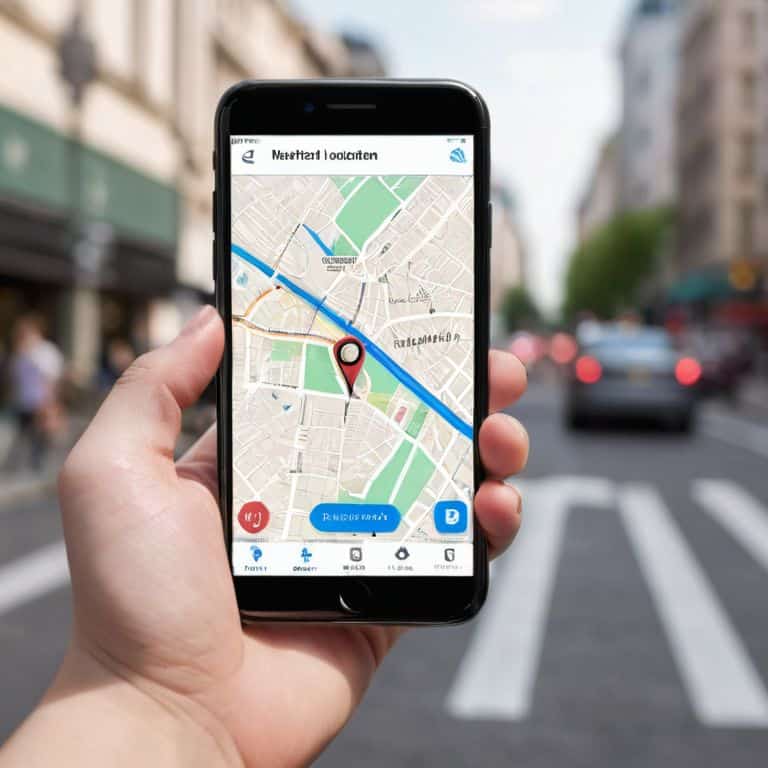
When it comes to navigating our way around the world, accuracy is key. That’s why the comparison between GPS, GLONASS, and Galileo is so crucial. In the era of smartphones and location-based services, understanding how these satellite navigation systems work and which one performs better can make all the difference.
Let’s dive into a head-to-head analysis of these systems. In terms of signal strength, GPS generally has a stronger signal, but GLONASS and Galileo are catching up. For example, GLONASS has a wider range of frequencies, which can be beneficial in areas with high satellite interference. On the other hand, Galileo has a more precise signal, making it ideal for applications that require exact location tracking.
In the end, when it comes to practical implications, Galileo seems to have a slight edge due to its high-precision capabilities. This makes it a clear winner in the accuracy category, especially for applications that require exact location tracking, such as emergency services or precision agriculture.
Key Takeaways: Navigating the World of Satellite Navigation
GPS, GLONASS, and Galileo each have their own strengths and weaknesses, and the best system for you depends on your specific needs and location
Understanding the differences between these systems can help you make the most of your GPS device and improve your navigation experience, whether you’re hiking, driving, or flying
By grasping the fundamentals of how GPS, GLONASS, and Galileo work, you’ll be better equipped to troubleshoot issues, optimize your device’s performance, and unlock new possibilities for navigation and exploration
Navigating the Skies
The beauty of GPS, GLONASS, and Galileo lies not in which one is superior, but in how they collectively weave a tapestry of global connectivity, making the world a smaller, more accessible place, one signal at a time.
Chloe Brennan
The Final Verdict: Choosing the Best Satellite Navigation System
As we’ve explored the similarities and differences between GPS, GLONASS, and Galileo, it’s clear that each system has its own strengths and weaknesses. The coverage and accuracy of these systems can vary depending on the location and the type of device being used. For instance, GPS is widely available and has a strong signal in most areas, while GLONASS and Galileo offer better coverage in certain regions, especially at higher latitudes. By understanding these nuances, users can make informed decisions about which system to rely on for their specific needs.
So, which system comes out on top? While it’s difficult to declare an overall winner, I’d say that Galileo is the most promising system for precision and reliability. However, the best system for you depends on your specific use case. If you’re a casual user who just needs basic navigation, GPS is still a great choice. On the other hand, if you’re a professional who requires high-accuracy positioning, such as in aviation or surveying, Galileo might be the better option. Meanwhile, GLONASS is a good alternative for users in regions with limited GPS coverage, such as in Russia or Eastern Europe.
Frequently Asked Questions
How do the signal strengths of GPS, GLONASS, and Galileo compare in urban areas?
Think of signal strength like water pressure in a hose. In urban areas, GPS generally has the strongest ‘water pressure’, but GLONASS and Galileo can still get through, albeit with slightly lower ‘pressure’. It’s not a huge difference, but GPS usually wins out in urban canyons, thanks to its stronger signal and more satellites overhead.
Can I use all three systems simultaneously on my device for better location accuracy?
Yes, many modern devices can use multiple satellite systems at once, a feature called multi-constellation support. This allows your device to tap into the signals from GPS, GLONASS, and Galileo simultaneously, providing more accurate location fixes, especially in areas with limited satellite visibility, like urban canyons or under heavy tree cover.
Are there any significant differences in the subscription or usage costs between GPS, GLONASS, and Galileo?
The best part? All three systems – GPS, GLONASS, and Galileo – are free to use, with no subscription fees. Think of it like a public water fountain: once it’s built, anyone can drink from it without paying a dime. You don’t need to worry about usage costs, making them accessible to everyone.




